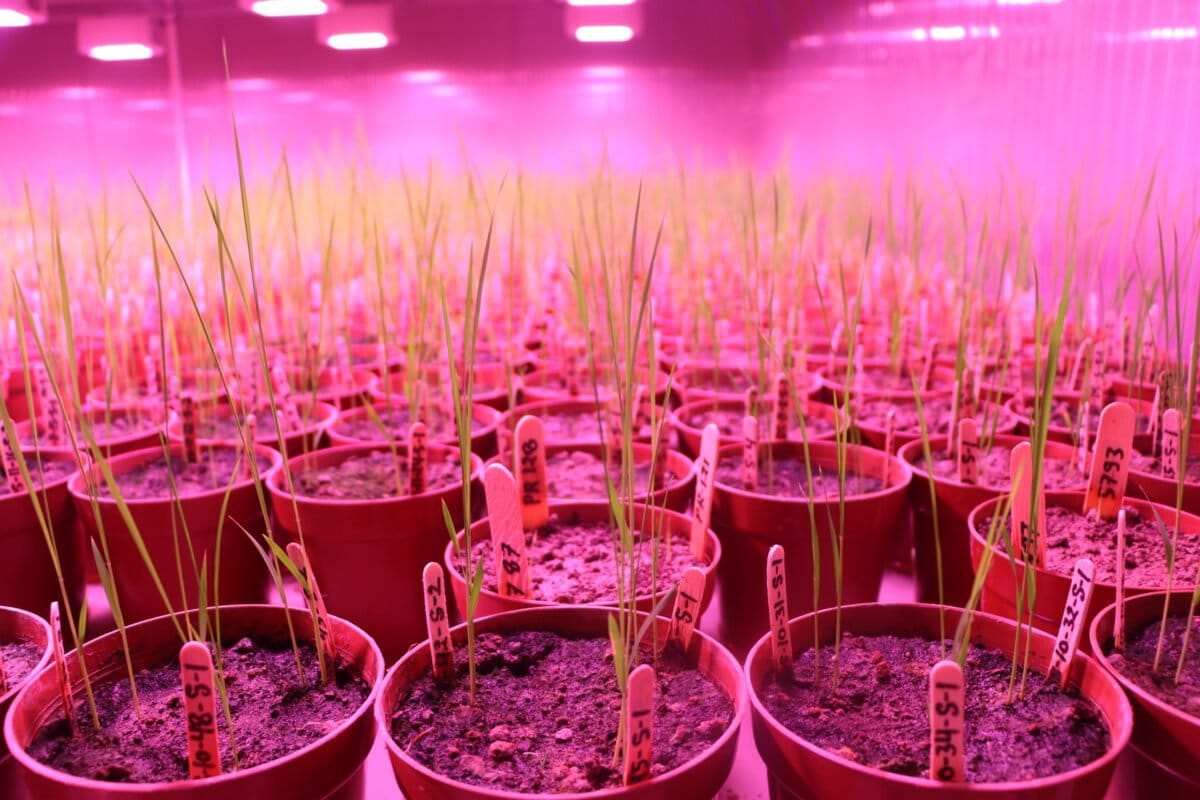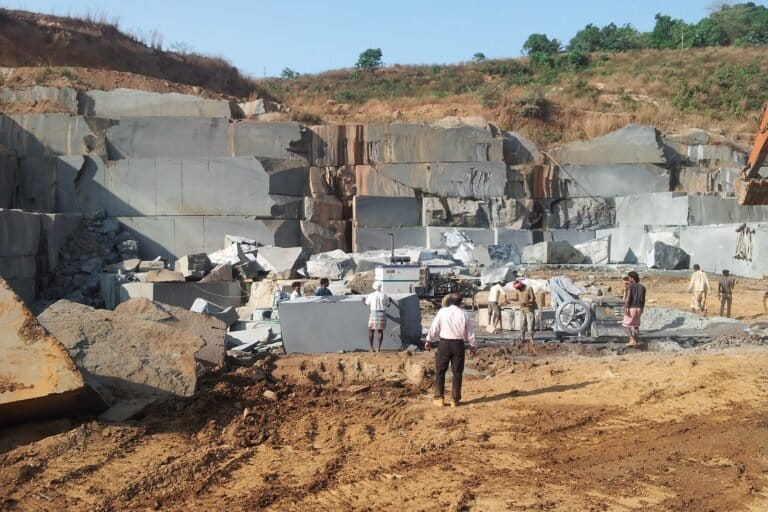- The Traditional Ecological Knowledge of forest communities, offers climate solutions that are not only sustainable but deeply rooted in local realities.
- Bringing together modern science and Traditional Ecological Knowledge fills critical gaps, adds valuable nuance, and roots solutions firmly in real landscapes.
- Policymakers must recognise traditional knowledge not as anecdotal or symbolic but as a legitimate knowledge system, write the authors of this commentary.
- The views in the commentary are that of the authors.
When it comes to fighting the climate crisis, India is chasing the new — from carbon markets to AI-driven weather forecasts, we continue to search for scalable, science-based solutions. But while we scan the horizon for the next big innovation, we risk missing what’s already under our feet — the deep, time-honoured knowledge of our forest communities. Their Traditional Ecological Knowledge forged over generations of living closely with the land, offers climate solutions that are not only sustainable but deeply rooted in local realities.
Contrary to popular belief, Traditional Ecological Knowledge (TEK) is not folklore or superstition. It is a rich, region-specific understanding of ecology, shaped over generations by communities whose lives are deeply intertwined with the landscapes they inhabit. One such example lies in the foothills of the Northwestern Ghats in Maharashtra, where the Mahadev Koli community quietly practices a form of ecological intelligence that combines biodiversity conservation, sustainable use of natural resources, and climate resilience.
A recent study conducted at the WOTR Centre for Resilience Studies (W-CReS) brings attention to the traditional medicinal practices of the Mahadev Kolis, revealing how the community uses 51 native tree species to treat a range of ailments, from chronic diseases such as diabetes to emergencies such as snake and scorpion bites. This knowledge is practical, place-based science. The community selects bark, leaves, and fruits not at random but based on careful, long-term observational information passed down orally through generations.
Elders in the Mahadev Koli community know when certain plants flourish, how their properties vary with the seasons, and which combinations offer the strongest healing effects. Their insights mirror modern ecological monitoring. For instance, the sap of one tree might be most effective after the first monsoon rain, while another’s bark must be collected before flowering. This depth of understanding doesn’t come from textbooks or satellites, but from long-term, continuous interactions with nature. For the Mahadev Kolis, the forest is more than a resource — it’s a pharmacy, a livelihood, a sacred space, and a core part of who they are. Their survival depends on reading the land accurately and for generations, they’ve done just that. Their methods echo the principles of modern environmental monitoring. However, this rich knowledge system, vital to human and ecological health, is under threat.

Knowledge lost, wisdom ignored
India’s national climate and conservation policies often sideline such traditional knowledge. Mainstream climate adaptation strategies or frameworks depend heavily on technological and scientific interventions, frequently ignoring local practices that are already contributing to the resilience on the ground. Conservation programmes often overlook Indigenous voices. Conservation efforts too frequently adopt top-down approaches that threaten Indigenous and forest-dwelling communities as passive stakeholders rather than active partners. As a result, the location-specific traditional knowledge that communities like the Mahadev Kolis hold, remains largely undocumented and undervalued.
This sidelining of TEK isn’t just unjust, it’s counterproductive. Indigenous and local communities manage biodiversity hotspots across the globe. Their territories store substantial carbon and host key species. In India, tribal communities like the Mahadev Kolis contribute little to no greenhouse gas emissions but bear the brunt of climate impacts, ranging from shifting rainfall patterns, crop failures, to the loss of forest-based livelihoods and traditional medicinal resources.
Among the Mahadev Kolis, these pressures are intensifying. Many of the medicinal plants the community once relied on are vanishing, driven by habitat loss, deforestation, and climate-induced shifts in flowering and fruiting cycles. Species such as Tecomella undulata and Saraca asoca, now appear on the International Union for Conservation of Nature’s (IUCN) Red List of Threatened Species. The decline of these plants is more than a biodiversity concern — it threatens community health, food sovereignty, and cultural continuity.
A generational crisis
Equally troubling is the possibility that this ancestral knowledge, passed down through generations, could vanish in our lifetime. With younger members of the community increasingly migrating to cities in search of work and other purposes that prioritise modern cultures over local traditions, traditional knowledge is no longer being passed down as it once was. Elders interviewed in the WOTR study expressed deep concern about this break. “If this traditional knowledge isn’t passed on, documented, or supported by formal systems, everything I’ve learned from my ancestors will vanish within a generation,” said one elder from Purushwadi, a village in the Ahilyanagar district (formerly Ahmednagar district), Maharashtra.
This loss is not unavoidable. It is the result of policy neglect and social undervaluation. The irony is hard to miss: while global experts, platforms, and institutions now acknowledge the importance of TEK in climate adaptation and ecological restoration, our local systems still treat it as unscientific and irrelevant.

Way forward
We can act now to integrate Traditional Ecological Knowledge into India’s biodiversity and climate adaptation frameworks. Policymakers must recognise it not as anecdotal or symbolic but as a legitimate knowledge system. State agencies, civil society groups, and researchers should co-create spaces where elders can mentor youth. Schools near tribal areas can include local ecological knowledge alongside environmental science. Conservation programmes must involve forest-dwelling communities from the start — not as participants, but as partners.
We also need to protect Indigenous intellectual rights. Traditional knowledge faces increasing threats from biopiracy and uncredited commercialisation. Legal protections, co-authored with communities, can help ensure they retain control over how their knowledge is shared or used.
Satellites can track deforestation from above, but only those who walk the forest every day can explain why it’s happening. They know which plant and animal species are disappearing, and they observe the subtle shifts in local flowering and fruiting cycles that technology alone can’t capture. Bringing together modern science and TEK fills critical gaps, adds valuable nuance, and roots solutions firmly in real landscapes. By pairing satellite imagery with local, on-the-ground expertise, we can develop more effective conservation and climate adaptation strategies.
Traditional Ecological Knowledge doesn’t replace modern science — it complements it. We must: 1) Recognise TEK as a legitimate knowledge system 2) Embed TEK in education 3) Create community-led knowledge transfer programmes 4) Ensure legal protections and community rights, and 5) Involve communities in conservation from the start.
The Mahadev Kolis, like many tribal communities across India and the world, have adapted to environmental changes for centuries. Their practices are not static — they evolve with observation, experimentation, and shared knowledge. If we are serious about building climate resilience, we must stop treating communities as passive recipients of the aid and start recognising them as knowledge holders and leaders.
As India prepares strategies for climate adaptation and biodiversity conservation, the choice before us is very clear. We can continue to chase expensive, top-down solutions that may not work for local or regional contexts, or we can invest in the knowledge systems that have been quietly, effectively adapting to ecological change for centuries.
As climate disruptions grow more severe, we must broaden our definition of expertise. The Mahadev Kolis already practice climate adaptation — not as a project, but as a way of life. In a warming world, their knowledge could prove to be one of our greatest assets. The real question is — will we choose to listen before it’s too late?
The authors are Senior Researchers (Ecology), WOTR Centre for Resilience Studies (W-CReS), Watershed Organisation Trust.
Read more: Caught between exploitation and extremes, Western Ghats’ future hinges on local action
Banner image: Amba Ghat in the northern Western Ghats in Maharashtra. Representative image by Phadke09 via Wikimedia Commons (CC BY-SA 4.0).













